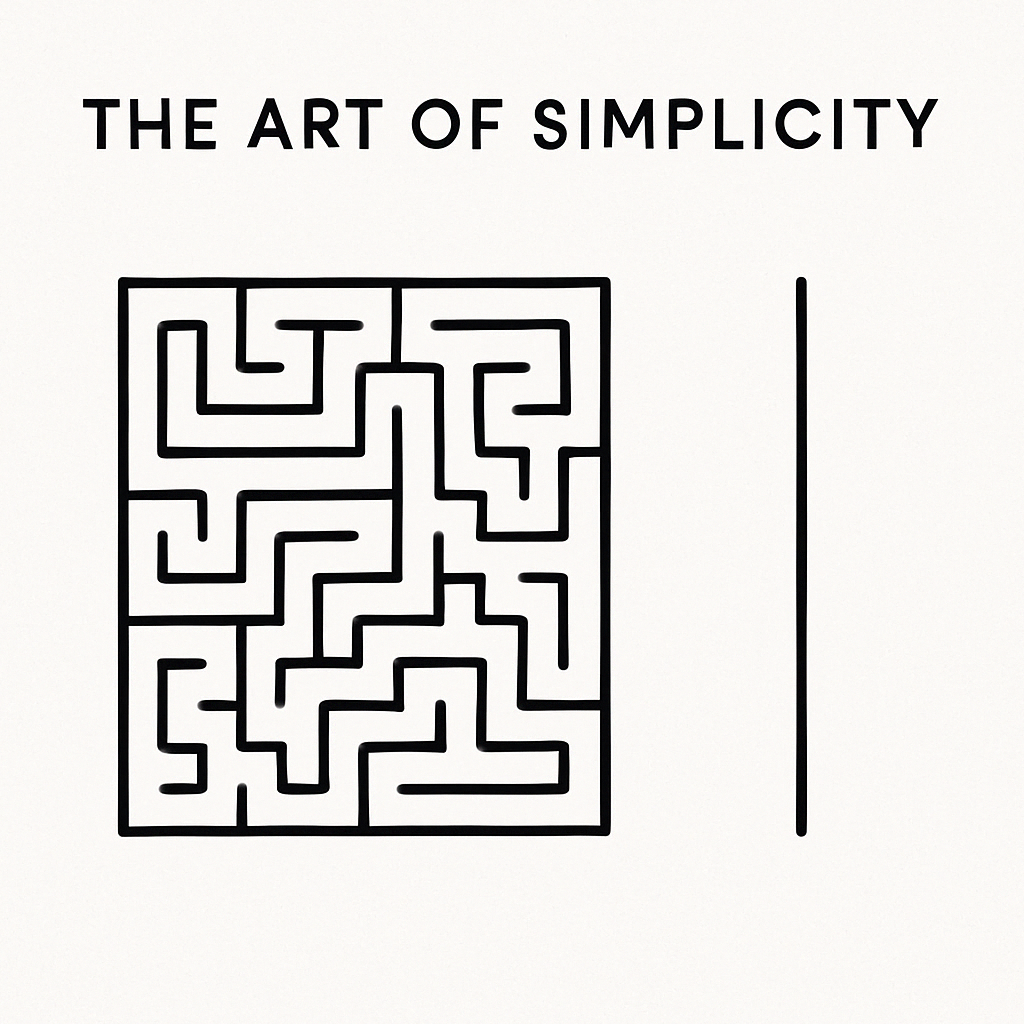Introduction
Ask a developer what makes “good software” and you’ll probably hear things like:
- Fast
- Scalable
- Secure
- Modular
- Reliable
All true. But not complete.
In my 20+ years building systems across industries—from waste management and logistics to healthcare and government—I’ve learned that good software isn’t just about how it performs. It’s about who it serves.
Let’s talk about the human side of good tech—and why it matters more than ever.
🚶 1. Good Software Respects the People Who Use It
It doesn’t waste their time.
It doesn’t confuse them.
It doesn’t make them feel dumb.
Good software fits into the user’s world—not the other way around.
That’s why one of my first questions during any project is:
“Who is going to use this? And how do they think?”
You can build the most advanced system in the world, but if it’s a pain to use, it’s not good software.
💬 2. Good Software Communicates Clearly
Interfaces aren’t just about design—they’re about dialogue.
A well-designed dashboard says:
- “Here’s what’s happening.”
- “Here’s what you can do.”
- “Here’s what just changed.”
It answers questions before people have to ask them.
It prevents errors without blame.
It creates clarity in the middle of complexity.
🤝 3. Good Software Collaborates
Especially in business environments, software doesn’t operate in isolation. It needs to:
- Connect teams
- Bridge departments
- Make information flow, not clog it up
When a tool helps a logistics manager, a field operator, and a finance officer all speak the same language—it’s doing real work. That’s architecture with empathy.
🔄 4. Good Software Evolves
People grow. Needs change. No piece of software is ever truly “done.”
Good systems are designed with change in mind—not as afterthoughts, but as part of the DNA.
- Configurable workflows
- API-ready integrations
- Modular features
- Scalable infrastructure
Technology should adapt with people, not force people to adapt to it forever.
🧠 5. Good Software Serves a Purpose
Sometimes, teams get caught up in tools, trends, or frameworks.
But the best software I’ve built—and the most successful solutions I’ve seen—start from this question:
“What are we trying to solve for real humans?”
If that question stays at the core, the project rarely goes off track.
Final Thoughts
Yes, performance, scalability, and technical brilliance matter.
But the most valuable software is the kind that understands people.
It’s intuitive. It’s empowering.
It makes things better—not just faster.
As a CTO, I’ve made it my mission to build tech that doesn’t just work—it fits, it supports, and it respects the people using it.
Because at the end of the day, software is never really about code.
It’s about connection.
Leonidas



